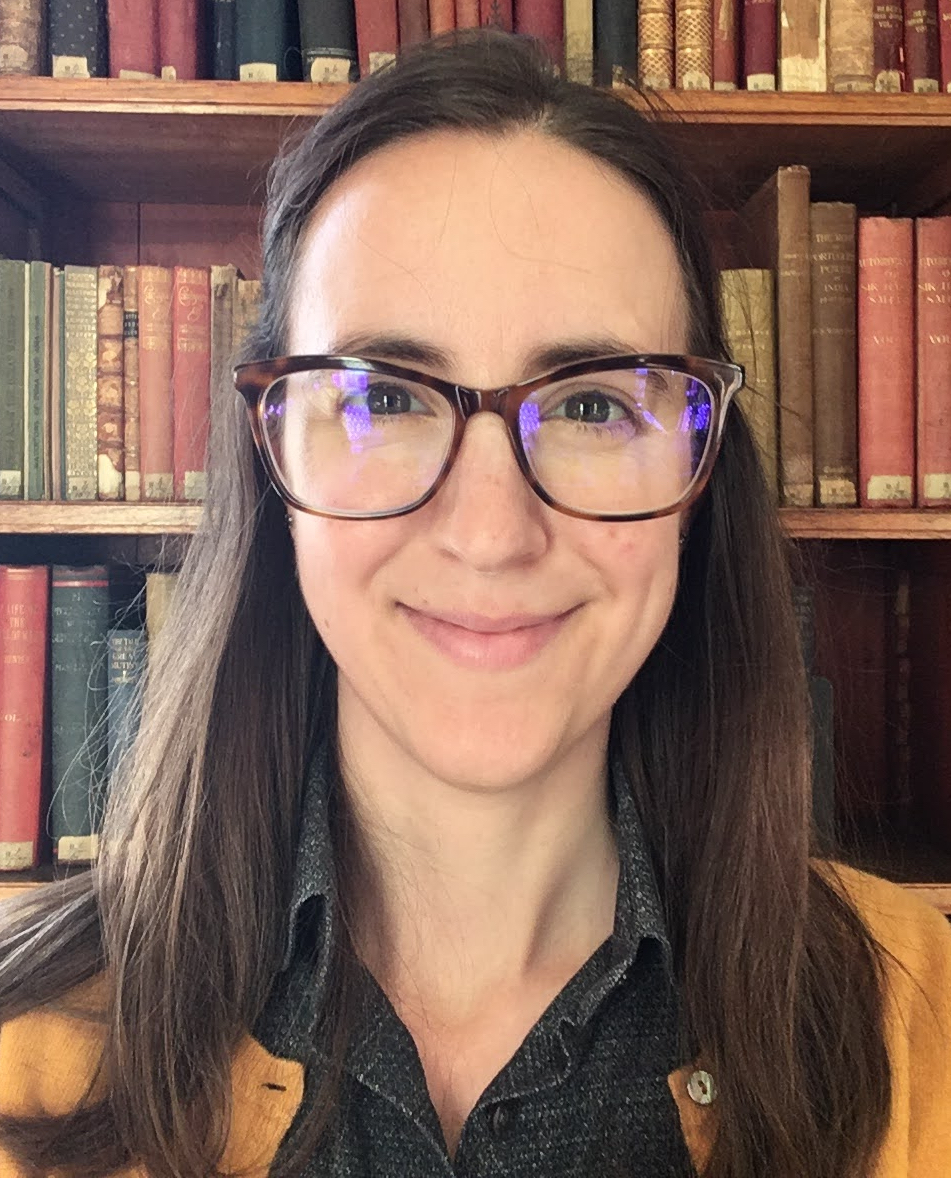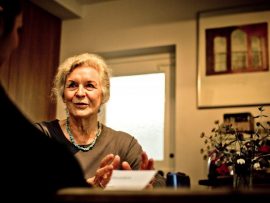Dr Clarissa Chenovick
Dr Clarissa Chenovick is Assistant Professor of British Renaissance Literature at Florida Atlantic University, a former Folger Mellon Fellow at the Folger Shakespeare Library (2019-2020), and the recipient of a 2024-2025 research fellowship from the National Endowment for the Humanities.
Dr Chenovick’s research focuses on the intersections between medieval and early modern reading, devotional practices, psychology and physiology. She has published articles on medieval and early modern devotional reading in *The Journal of Medieval and Early Modern Studies*, *English Literary History*, *The Huntington Library Quarterly*, and *The George Herbert Journal*. Her first monograph *Reading to Weep: Penitence, Embodied Reading, and Spiritual Cure in England, 1350-1670* (presently under review) traces a continuous pre- and post-Reformation tradition of imaginative penitential writings – especially poetry, meditations, and psalm paraphrases – that use the medicalized images of sin as disease and repentance as surgery to position penitential reading as cognitively, spiritually, and physiologically curative. *Reading to Weep* uncovers how the authors of these texts attempt to help readers move their bodies to move their souls, in part by stimulating repentant sighs, tears, and groans.
During her visiting fellowship at Clare Hall, she is working on a new monograph sponsored by a fellowship from the National Endowment for the Humanities. Tentatively titled *The Erotics of Blood Piety in Early Modern England*, this project reevaluates sixteenth- and seventeenth-century English poets’ uses of erotically charged devotional tropes from the late medieval genre of blood piety, which exhorted devotees to bathe in the blood of Christ, suck, kiss, or enter his wounds. Examining early modern English poets’ uses of this imagery through the lenses of phenomenology and asexuality and celibacy studies, this project seeks to develop a new theoretical framework for understanding the forms and functions of eros in early modern English devotional poetry.
Select publications
- Chenovick, Clarissa. ‘”Suck ev’ry letter”: Herbert, Scripture, and the Body of Christ’, *The George Herbert Journal* 45 (2024), 1-44.
- —-. ‘Reading, Sighing, Tuning: Voicing Repentance in George Herbert’s Temple’, *Huntington Library Quarterly* 82.1 (2019), 155-174.
- —-. ‘A Balsome for Both the Hemispheres: Tears, Repentance, and Medical Discourse in Herbert’s Temple and Seventeenth-Century Preaching’, *English Literary History* 84.3 (2017), 559-590.
- —-. ‘Speaking, Thinking, Writing: Meditative Surgery and Intercorporeal Circulation in the Livre de Seyntz Medicines (1354)’, *The Journal of Medieval and Early Modern Studies* 46.1 (2016), 33-59.
Select Awards
- Folger Mellon Long-Term Fellowship (2019-2020), Folger Shakespeare Library, Washington, D.C.
- Folger Short-Term Fellowship (2022), Folger Shakespeare Library, Washington, D.C.
- Fellowships for Faculty 12-Month Grant (2024-2025), National Endowment for the Humanities, Washington, D.C.
- Huntington Exchange Fellowship (2024), Huntington Library, San Marino, CA.





